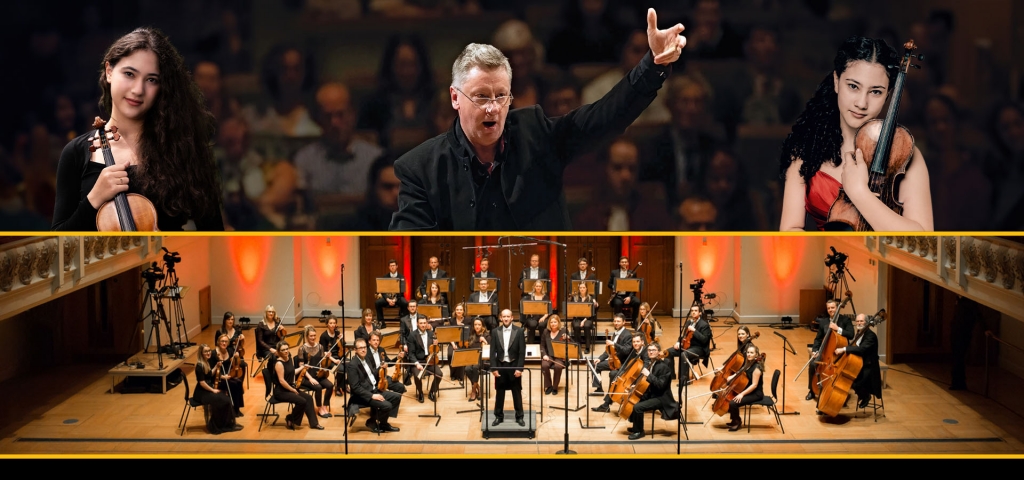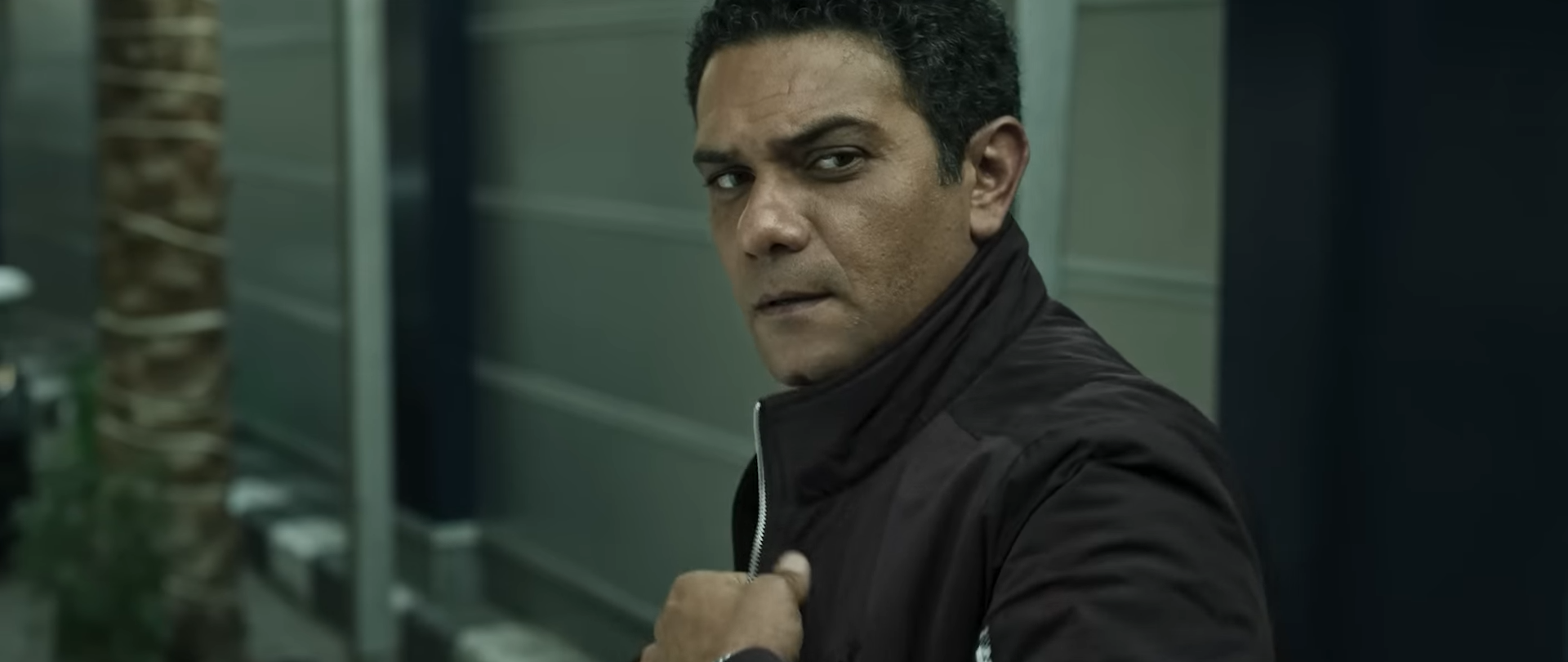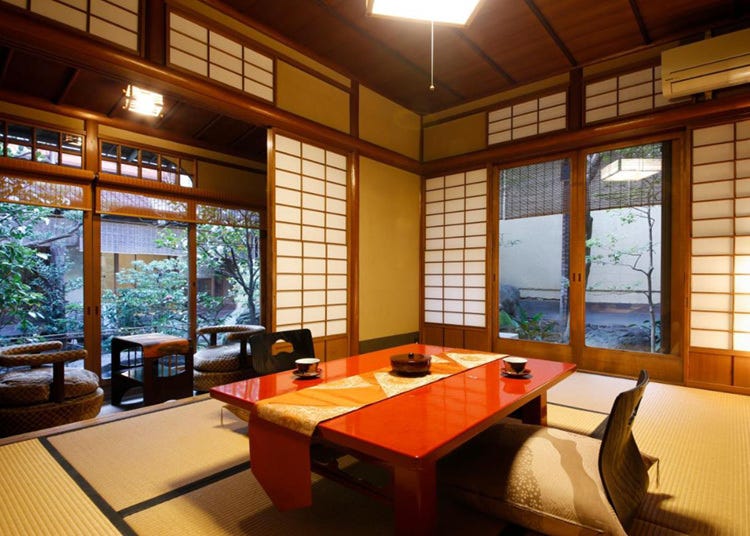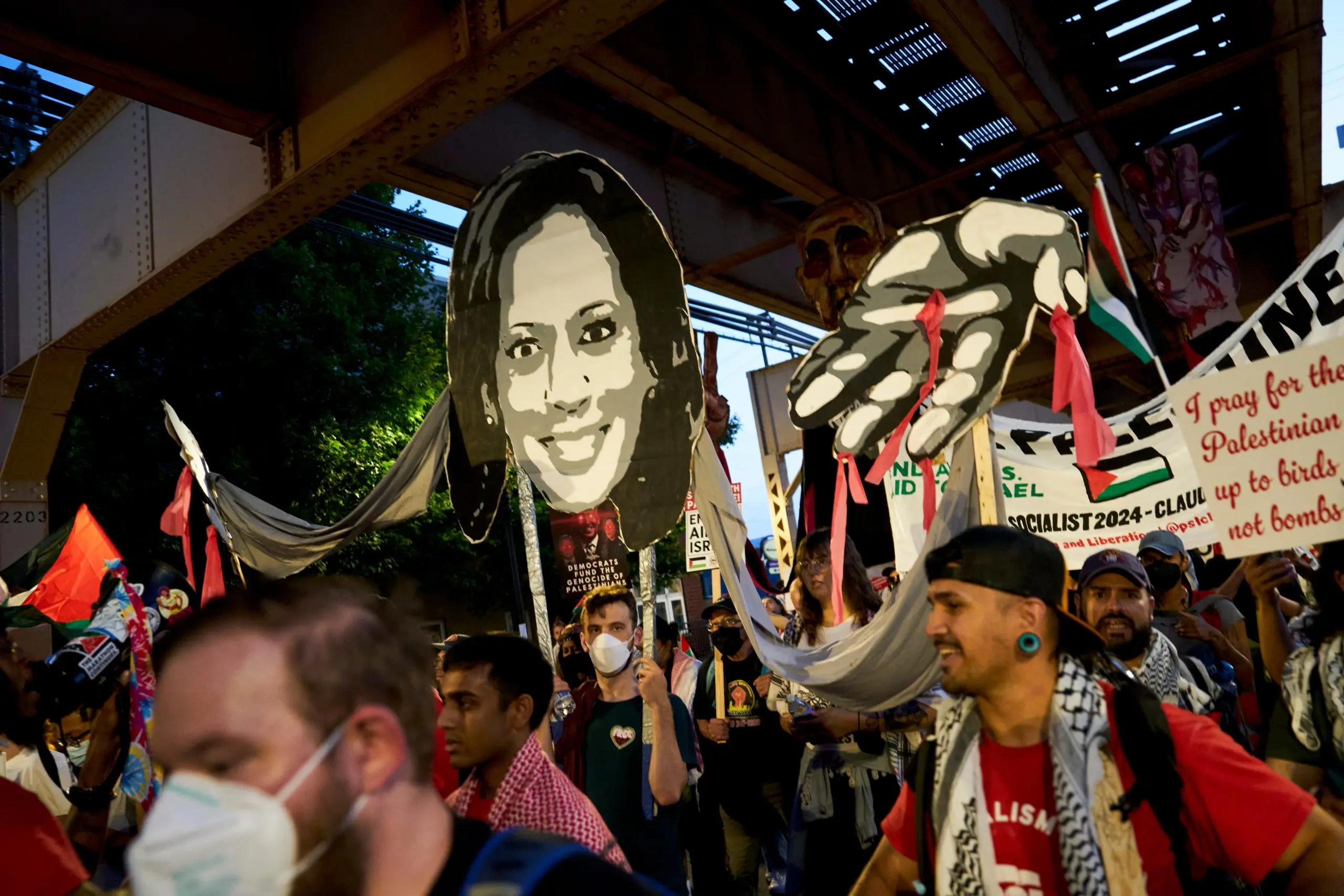In the world of music and entertainment, where stars are born and legends are made, there exists a formidable force working tirelessly day and night, pulling the strings behind the curtains. These unsung heroes are the artist managers who play a pivotal role in shaping the careers of our favorite musicians and creatives. They are the architects of plans, executors of dreams, and the guardians of their artists’ success. We were lucky to sit down with one of the most dedicated professionals in the game of artist management, with ten years of experience, Ahmed Medhat. We’ll dive deep into how he started managing the biggest band in the MENA region, Cairokee, why he chose that career, what his job entails exactly, in addition to learning about so many of his personal and professional opinions and experiences! Get ready to peek behind the curtain and discover the masterminds who run the music industry!
- What’s the definition of an artist manager?
- With Cairokee, artist management is different. Apart from making music, the band has other tasks to fulfill. Amir Eid has the vision of Cairokee, the music and future music steps. Adam El Alfy leans more into the financial and legal side of things. Sherif Mostafa brings Amir’s vision to life through music production. Hawary handles the international tours outside of Egypt. Tamer Hashem is more involved in putting together Cairokee Empires, public relations with sponsors and the business side of things. Linking them all together and communicating everything between the band is part of my job as Cairokee’s artist manager. I also finalize deals for shows, and touring, and plan for Cairokee Empire with agencies and suppliers. I take care of permits and exact timings in shows as well as the venue set up. Fulfilling the sponsor packages without making the audience uncomfortable during shows and empires is also something I’m in charge of. I communicate our artistic vision to our art director by briefing him to bring the band’s vision to life through stage design and visuals, and I guess that was very clear in Cairokee’s last empire. I also manage Amir, Sherif, Tamer, and Adam individually. You’re technically a joker and responsible for a lot of details in this job.
- What experience or skills does this job require from your POV?
- Artist managers need to have strong communication and negotiation skills. Having compassion and understanding people and their needs is another asset on the top of the list. An artist manager should also believe in the artists they manage, know how to make good deals, and how to reflect their artists’ value in conversations and negotiations. They should also be popular and socially smart. There’s nothing technical to learn unless they want to expand by learning stuff from sound engineers, suppliers, or technical teams. I believe this job relies more on personal skills. The rest can be figured out on your own through studying and experience.
- What’s one thing you’d change about the music industry in Egypt, or what do you think is lacking in the music business scene?
- In our shows, we ensure that people have a full-on experience. Through Cairokee Empire, we were able to make the audience have a 360 experience without just focusing on audio quality but light and stage design as well. Audiences should come out of these shows feeling like they’ve spent the best day of their lives. Cairokee Empire was created to give people an unmatched experience from the moment they step into the gates till the show ends. Last Empire, we had an attendance of 50,000 for two nights, which is a new record for the MENA region in the same weekend. We even sold out our El Alamein show as well as the Saudi ones. Only 5% of the attendeees of Cairokee’s shows in the KSA were Egyptian. We have an upcoming show with AlUla Festival there. So I wish the music industry in Egypt focused more on creating iconic music shows, not just gigs or concerts.
- How long have you been managing Cairokee and The Elite?
- It all started back in 2013 when I was still in university. As a fan of concerts and music shows, I got to volunteer at Cairo Jazz Festival for its extraordinary lineup. During the festival, I got to know artists, musicians, and people in the music industry. I started working with indie bands like El Dor El Awal and Meshwar Band and Ahmed Omar, Wust El Balad, and El Dor El Awal’s bassist. Through this work, I realized the massive demand for artist managers, drawing me more to the industry. Fast forward to 2014, I was recommended by a friend for a job vacancy on the artist managing team in Cairokee led by Hady Labib. Though I was leaning more toward managing indie artists, I was allured by Cairokee’s entity and I was able to get the job. In 2017, I became Cairokee’s artist manager and am still going till today.
- Concerning The Elite: Taha Dessouky and I have been long friends. He once introduced me to The Elite explaining how they’ve been doing sold-out shows for four years. They were being managed by standup comedian Ahmed Khairy until Taha suggested I manage 7 of the best standup comedians in the MENA region. Once I got their identity, I was sold on the idea and agreed.
- What are your least and most favorite parts about this job?
- There are pros and cons to the workload in general. However, I prefer to see the glass half full. I’m more inclined toward focusing solely on getting better deals and sponsorships as well as making future visionary plans for Cairokee. My favorite part has recently become music distribution. I’ve been studying it since the quarantine, and Rivo Show’s album which was distributed across platforms and received huge success is proof of that. I also love planning on-ground activations and shows and making bigger moves despite the anxiety that comes with bigger responsibilities. However, as long as my flame of passion and stamina for the job is there, I’ll be determined to remain an artist manager.
- What’s your favorite Cairokee album and song and why?
- Cairokee’s music takes time to be created, comprehended, and memorized. Sometimes -if not most- we take 3 years to create an album. So, that’s not an easy question. However, I’ve always answered this question with No2ta Beida, but now I’ll have to say Roma. There are a lot of fresh beats and topics on that album. I think my current favorite song is Roma since it captures psychological inner conflicts in a very haunting way.
- What’s your proudest accomplishment with Cairokee?
- Cairokee has been consistent with its success and has also been expanding. Despite the new waves of music, they stood the test of time. They’ve inspired 3 generations with their music, I believe. My proudest accomplishment with Cairokee is our last Empire.
- What was your “I made it” moment with Cairokee and The Elite?
- When I realized how far we’ve come. Last Cairokee Empire, I remembered how we did six sold-out shows at El Sawy Culture Wheel with 12,000 people in attendance. This urged them to hold the first Cairokee Empire which sold 20,000 tickets in Cairo Festival City, followed by El Manara, etc. So when I look back, I realize how far we’ve come. With Cairokee, every album release and an Empire ending is also an ‘I made it’ moment. With The Elite, we did many sold-out shows with new content and are planning to tour the world literally, so despite our short time together, we’re taking amazing steps in the bigger picture of our plan.
- What’s the difference between managing a band and a standup comedy group?
- The difference between the two groups is that with The Elite, I’m witnessing what I missed with Cairokee. The early stages of success, the baby steps, and the long shots as a group of 4 years old, unlike Cairokee which was founded in 2003. There’s also the age difference between the Cairokee and The Elite members.
- What would you tell a person who wants to start working in the music business?
- I don’t think there’s a guide for artist managers on how to kickstart their career. You can try to find an artist who’s willing to start with a manager and who trusts you enough to fulfill their needs. I also believe that every artist manager has or will have a unique story on how they started in that field.
- What’s one thing you wished people knew about artist managers or the music business?
- I wish more people knew that artist managers can literally be anything to their artists. Most people think artist managers only book shows or make phone calls. But that’s not true. Artist managers can be photographers, technicians, or anything on the spot. So, let’s say I wish people knew how versatile artist managers could be and that they’re not confined or limited to one job description or task.
- How do you think managers should separate between feeling like they’re in the shadow of the artists they manage or feeling too arrogant like they’re the only reason behind the artists’ success?
- Artist managers shouldn’t want to be in the spotlight. Sure, there’s appreciation. But that’s very different from wanting to be in the spotlight. This usually causes their egos to get in the way of their success as artist managers consequently affecting the whole process. In Cairokee’s family, we all work to achieve success which comes with a lot of trust. The moment they hit the stage is considered success to me, same when the show is over. Another satisfying moment for me is when a show gets good coverage. In the band, we all collectively agree on making the Lion in the band’s logo satisfied and happy.
- What question do you wish more people asked you about your job?
- I wish people would ask me more about managing a band, not just an artist because those are two entirely different things. Managing one artist is different from managing five partners who make completely diverse decisions and have different personalities, and communication styles, and channels. Dealing with or managing one artist usually relies on a one-to-one communication process, and that’s different from what I personally do with Cairokee.
- How does it feel managing the biggest band in the MENA region?
- I’m forever proud and grateful to be a part of Cairokee’s family. And I can’t imagine myself working at all, if not with Cairokee. We share the same dream of making music and spreading it till we’re old and grey, and that’s something so rare and special.
- What drew you to this field and has it always been your dream?
- My passion for music drove me to try learning how to play an instrument once, but I just couldn’t feel it. However, I knew I wanted to be in the field of music in one way or another. And since I enjoyed the job after trying it out with indie artists, I decided to go through with being an artist manager.
- What do you think of AI-generated covers in Egypt, like social media users using Amir’s voice to create covers with other artists’ songs?
- I’d like to think of it as some kind of fan art. It’s uncontrollable yet part of your success and proof of your impact as an artist. Same thing with merch and having small brands use your logo and lyrics printed and sold on t-shirts or bucket hats, and such things.
- Has Cairokee considered making music for TikTok?
- Cairokee makes music for everyone, we never imagine what will be hits or misses. In Roma, I didn’t really see Basrah W Atoh as the hit song from the album and that’s why we never push or create limited spaces for our music.
- Where do you see the landscape of Egyptian music going?
- Sherif and I were thinking about that a few days ago. Then we thought that while we can’t imagine what the future of music may look like, we realized it’s always been like that. We never really saw any new genre coming, neither Mahraganat nor Rap, and that’s the beauty of music.
- What do you think of the statement that says “Rap is declining”?
- I don’t think that statement is true. In fact, the Rap scene has a huge room for growth. I think that some rappers need to understand that while overnight success feels good, it won’t give you the full experience or pleasure of building success over the years. They need to work on their entertainment or performance skills and organize tighter shows for their fans, as well.
- Why did Cairokee feature Marwan Pablo out of all rappers on Roma?
- Cairokee doesn’t create music based on which artists will get featured on it. They make music and then decide which artist would be a perfect fit for this feature, and that was the case with Marwan Pablo. I think Marwan is one of the best rappers in the game, and with more consistency, he’ll go even further places than he’s already been.
- What made you believe in Cairokee’s music?
- They’re the only artists in the MENA region that give their fans various forms of art and different genres, where they have also succeeded massively. They have a very loyal and passionate fan base. It’s really inspiring how their music resonates with many people and has a big impact on them. All the hard work that’s invested into their music instantly pays off, this is a very satisfying feeling that also gives you trust in the art they present.





















Discussion about this post